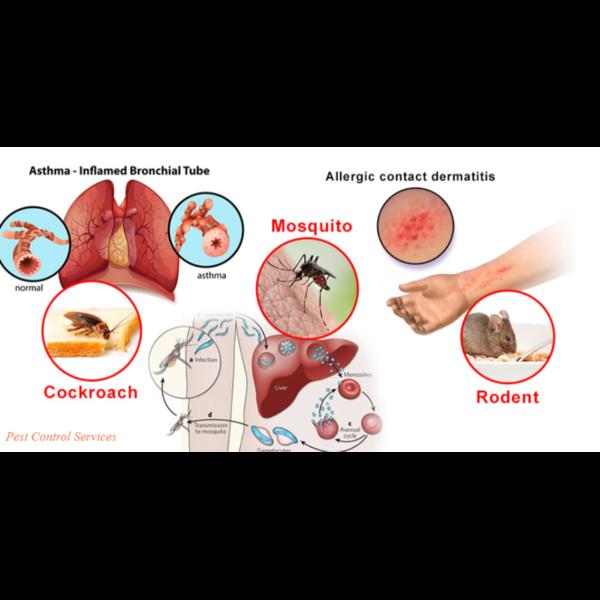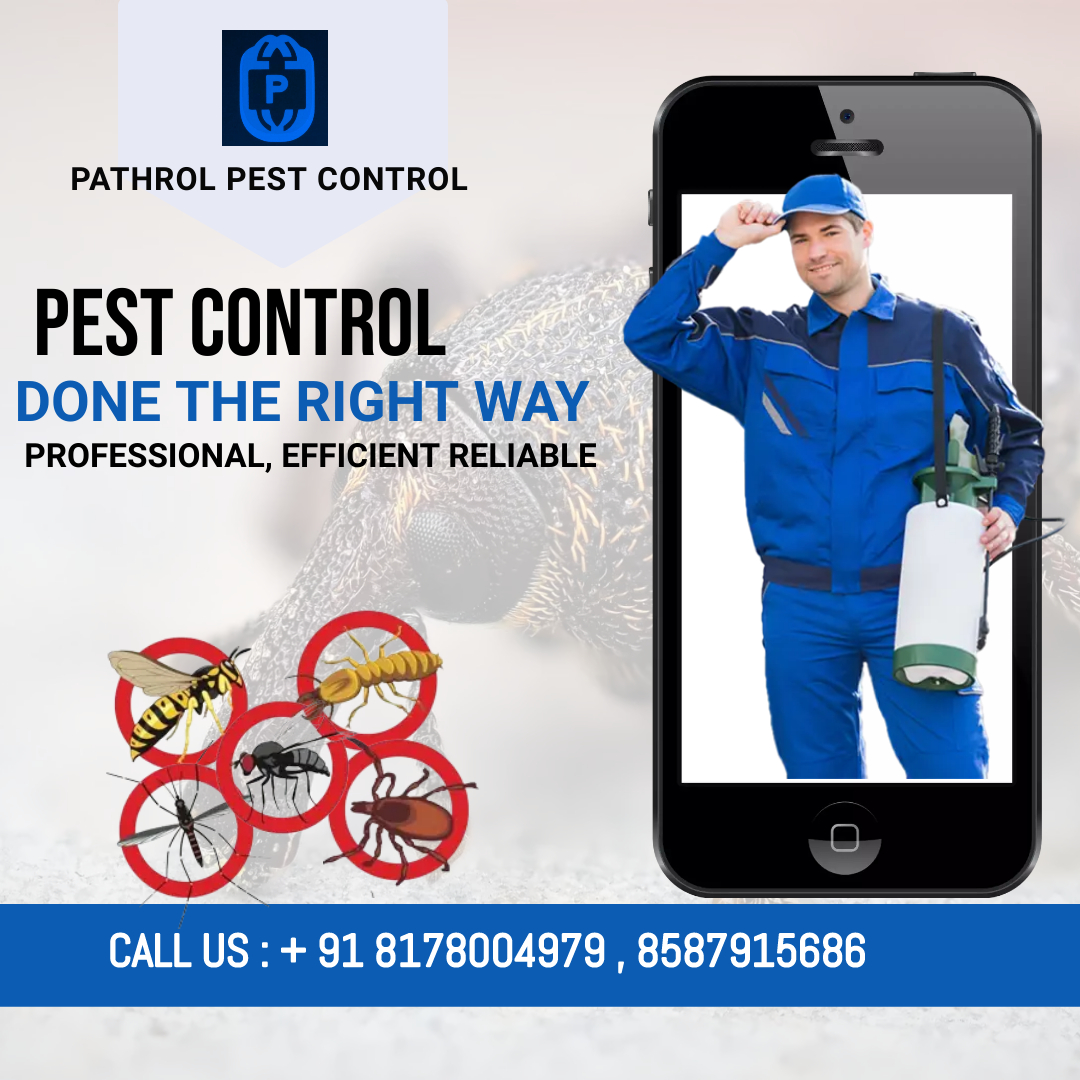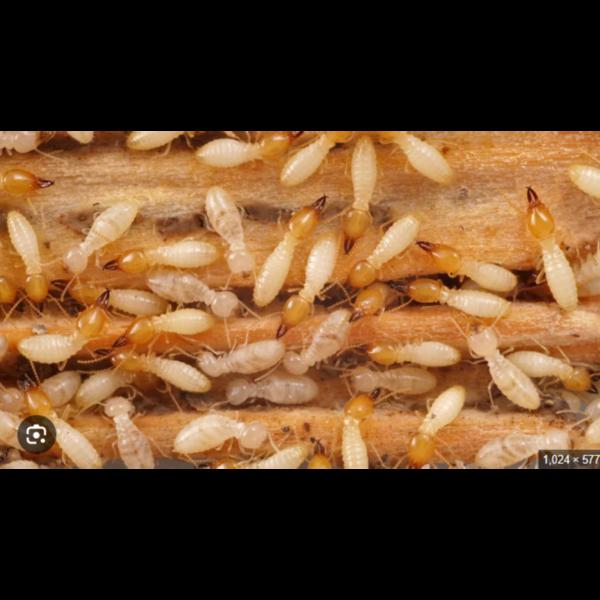
Here are some major key points of pest control:...

Here are some major key points of pest control: 1. **Health Protection:** Pest control measures help prevent the spread of diseases carried by pests such as mosquitoes, ticks, rodents, and cockroaches. By reducing pest populations, we can minimize the risk of illnesses transmitted to humans and animals. 2. **Food Safety:** In agriculture, effective pest control ensures that crops are protected from pests that can destroy yields or contaminate food products. This is crucial for maintaining food security and preventing economic losses in the agricultural sector. 3. **Property Preservation:** Pests like termites, carpenter ants, and rodents can cause significant damage to structures, furniture, and infrastructure. Implementing pest control measures helps preserve property value and structural integrity. 4. **Economic Benefits:** Businesses benefit from pest control by avoiding potential damage to products, equipment, and facilities. It also reduces the need for costly repairs and replacements, ultimately saving money in the long run. 5. **Environmental Protection:** Responsible pest control practices minimize the use of harmful chemicals and promote sustainable pest management techniques. This helps protect natural ecosystems, biodiversity, and water resources. 6. **Public Safety and Comfort:** Controlling pests such as bed bugs, ants, and mosquitoes improves living conditions and enhances the comfort and well-being of residents and employees in homes, workplaces, and public spaces. 7. **Regulatory Compliance:** Many industries, especially those handling food, healthcare, and hospitality, are required to adhere to strict pest control regulations to ensure compliance with health and safety standards. 8. **Prevention of Allergies and Allergic Reactions:** Some pests, like dust mites and cockroaches, can trigger allergies and exacerbate asthma symptoms in susceptible individuals. Effective pest control helps reduce allergens and improve indoor air quality. 9. **Long-term Sustainability:** Integrated Pest Management (IPM) strategies focus on minimizing pesticide use through a combination of preventive measures, biological controls, and monitoring. This approach supports sustainable agricultural practices and reduces environmental impacts. 10. **Community and Social Benefits:** Maintaining pest-free environments contributes to a higher quality of life for communities by reducing nuisances, improving aesthetic appeal, and fostering a sense of well-being and safety among residents. Overall, pest control is essential for protecting human health, preserving natural resources, supporting economic stability, and ensuring sustainable living environments for current and future generations.
Keywords
Subscribe for latest offers & updates
We hate spam too.


